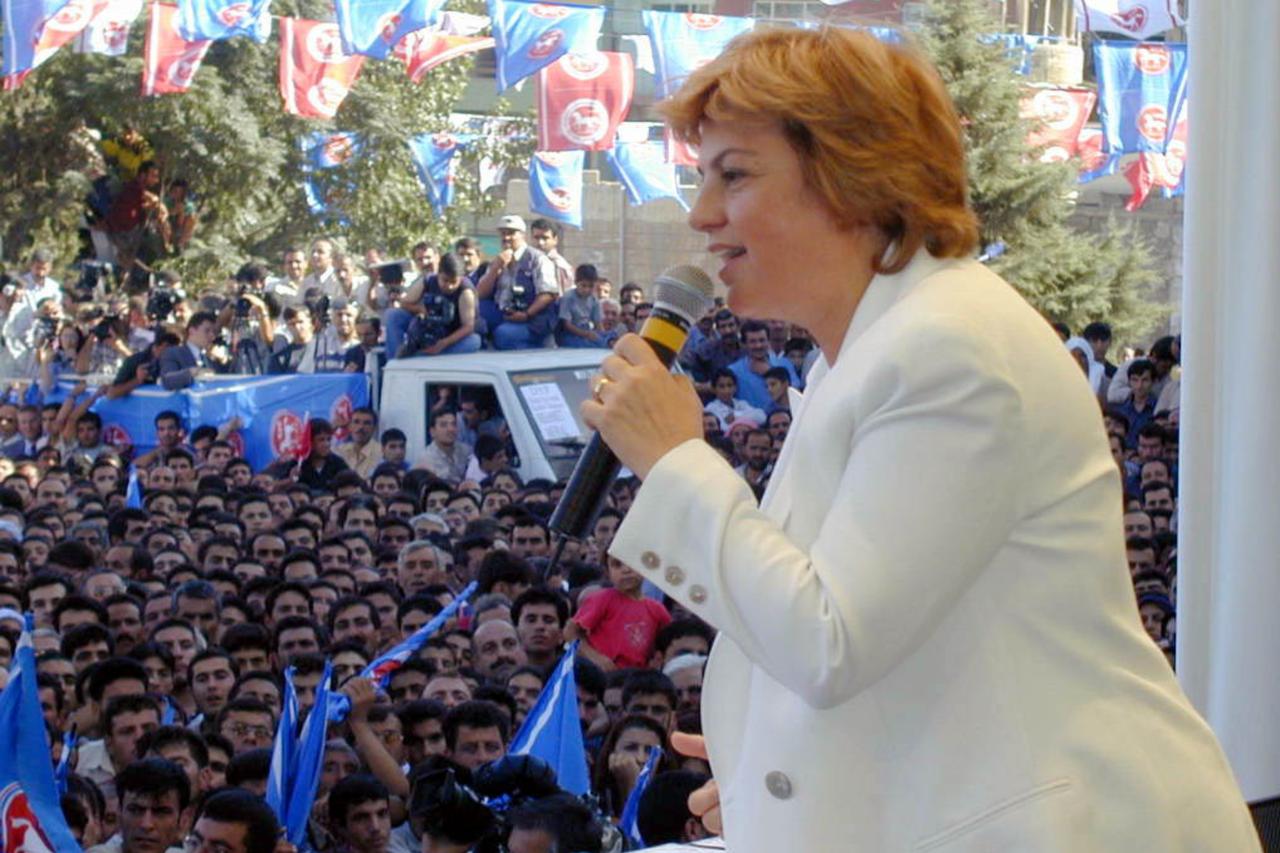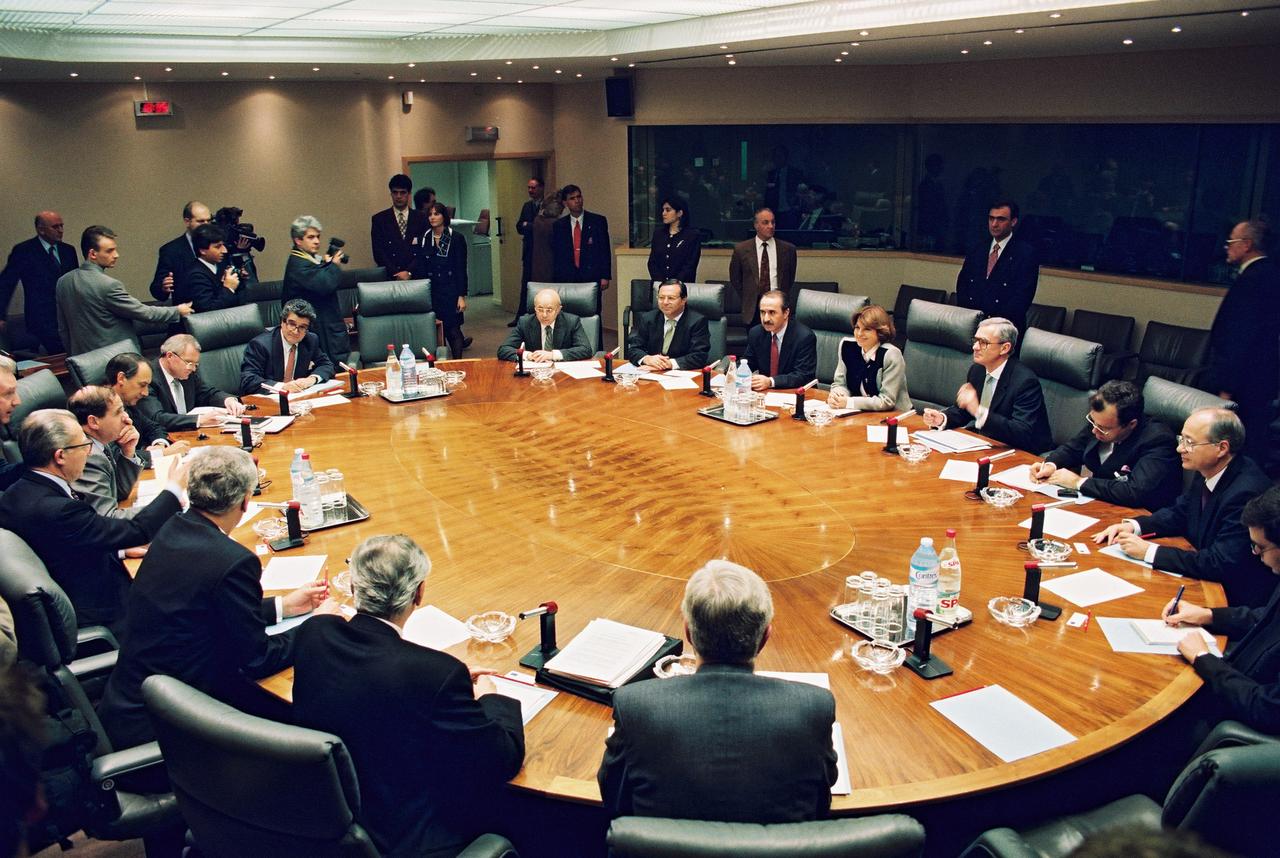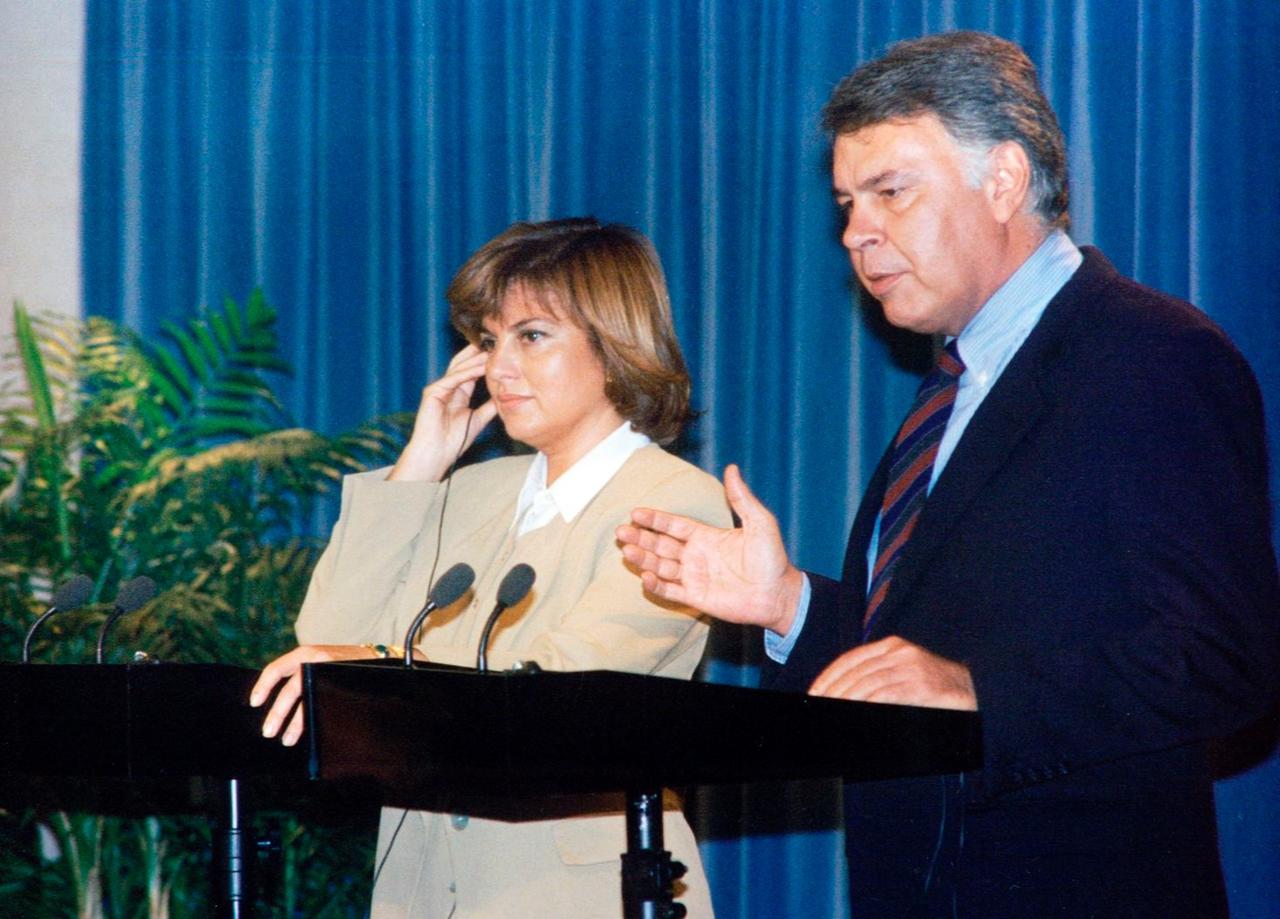
In November 1994, Türkiye’s then-Prime Minister Tansu Ciller boarded a plane to Israel, unaware that her journey would reshape her country’s approach to security for the years to come. She became the first Turkish leader to visit Israel, marking a historic moment in Türkiye-Israel relations and opening the door to a partnership in counterterrorism that had never existed before.
Today, Israel is committing a genocide, and Türkiye has cut all its ties over the crimes in Gaza. However, in the pages of history, there were so many peaks where Türkiye and Israel had healthy relations at the highest levels.
According to memoirs of officials who served in the 1990s, Türkiye sought to learn from Israel's fight against the Palestinians, as Türkiye was fighting its own battles against the PKK terrorist group.
Although the 1990s are known for Turkish security forces’ intensive fight against the PKK, it remains unclear whether Mossad’s methods were implemented in certain counterterrorism cases.

In an interview with Türkiye Today, Alihan Limoncuoglu, who holds a Ph.D. in political sciences, said, “When Israel was founded, Türkiye was the first Muslim country to recognize it. For a long time, Türkiye-Israel relations remained close at the official level. While some Israeli actions occasionally drew public criticism in Türkiye, the bilateral relationship generally stayed strong, with only minor disagreements.”
During Ciller's visit in 1994, Türkiye and Israel signed an intelligence cooperation agreement.
Türkiye would observe Mossad’s methods against Palestinian militants, exploring whether similar tactics could be applied against the PKK terrorist group. Upon returning, training programs were quickly established in Ankara's Golbasi, and Antalya, signaling a new era in Türkiye’s fight against domestic terrorism.
Limoncuoglu highlighted, “This visit fundamentally changed the landscape of Türkiye’s counter-terrorism approach.”

Ciller did not confine herself to diplomacy. Accompanied by Türkiye's National Intelligence Organization (MIT) Chief Sonmez Koksal, his deputy Mehmet Eymur, and Police Chief Mehmet Agar, she often took the lead in multiple discussions with Mossad. On one occasion, she reportedly told MIT officials, “Could you leave us alone?”—excluding her top intelligence officials from speaking with Mossad representatives.
The cooperation was extensive. Türkiye requested a wide range of Israeli equipment: submachine guns, rifles, suppressors, flamethrowers, specialized climbing gear, and more. Training exercises in Antalya’s Bey Mountains pushed Türkiye’s security forces into new tactical territory.
One high-profile objective—the capture of Abdullah Ocalan in Syria—remained unfulfilled, yet the very planning reflected a decisive shift in operational mindset.
“The 1990s, under Tansu Ciller, were a period when the PKK escalated its activities most intensely,” Limoncuoglu explained. “The state sought new counterterrorism methods. Direct contact with Mossad provided support and guidance. Ciller faced severe economic and security challenges, yet she prioritized counterterrorism and pursued it relentlessly. Those around her experimented with different strategies. The agreement with Israel weakened the organization slightly, but the PKK continued its operations aggressively until 1999,” Limoncuoglu noted.
From late 1994 onward, Türkiye experienced a series of unsolved murders linked to these Israel-backed operations, raising ethical and strategic questions that lingered for years.
Yet the policies enacted during Ciller’s premiership left a lasting imprint on Türkiye’s security apparatus, influencing both operational doctrine and the culture of intelligence collaboration.